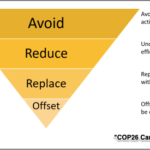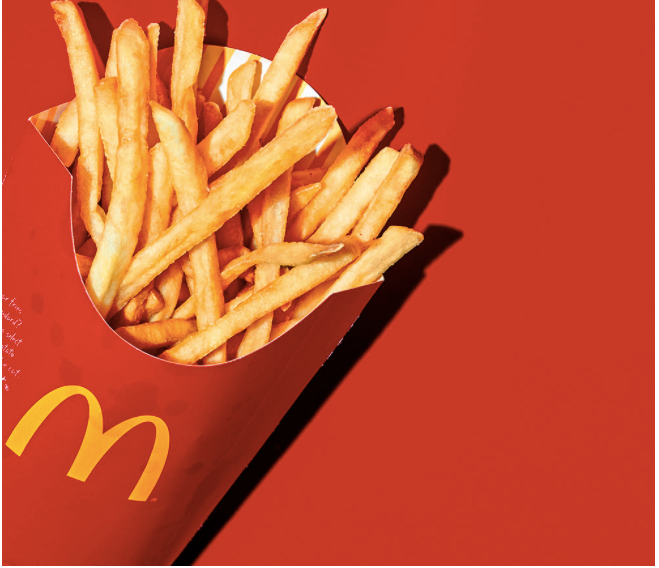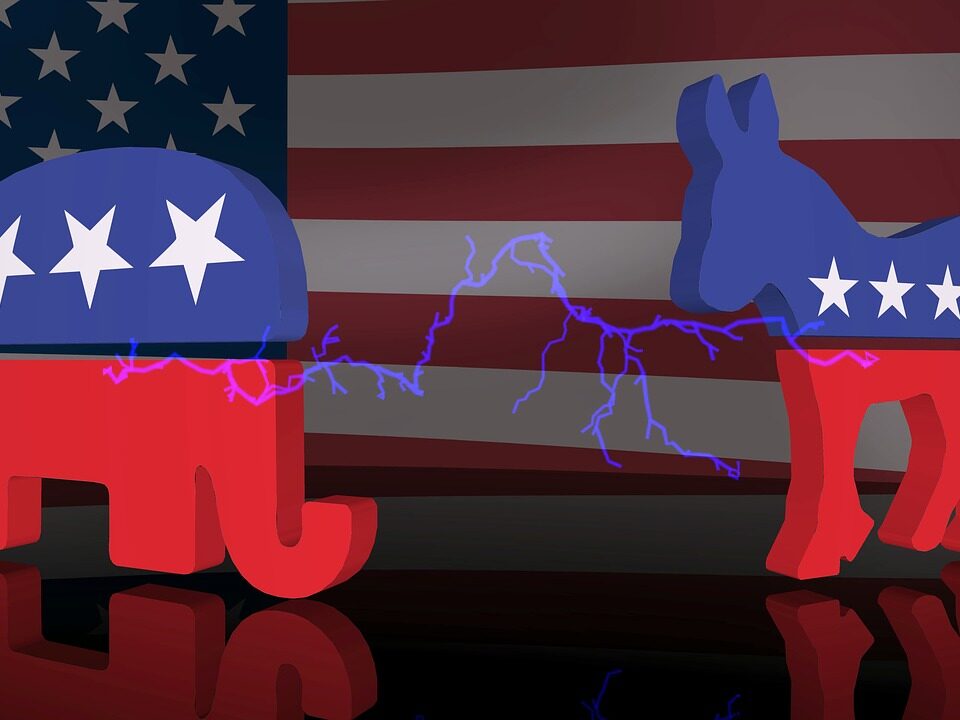
How a Nestle Crunch Can Help a Brazilian Rainforest
December 10, 2023
Why Coffee Matters in a Merger
December 12, 2023Asked about gift giving, economist Austan Goolsbee replied:
“Instead of proposing to your wife w/diamond ring, you offer a gift card of equal value. Efficient–if you don’t count your hospital bills.”
Like Goolsbee, we all have to decide when cash is not the best gift.
Gift Giving
When economists describe the impact, cause, and value of unwanted gifts, they start with deadweight loss, continue with preference falsification, and then conclude with signaling.
Deadweight Loss
During every Christmas holiday, we’ve referred to what economists call deadweight loss. Explained by economist Joel Waldfogel (with a bit of a smile), gift giving creates an “orgy of value destruction.” Think of the $35 scarf you could have just received from your Aunt Abby. Because you hated it, the value of the gift shrunk to $15. Consequently, the economy had a deadweight loss of $20.
Preference Falsification
Sometimes we misrepresent what we really believe because we think we have to. The reason could be politics, or we just might not want to hurt someone’s feelings. Duke Professor Timur Kuran said that these misrepresentations reflect our “preference falsification.” As he explains, a private truth can become a public lie.
He cites political preference falsification in countries that prohibit dissent. In North Korea, no one dares disagree knowing their leader had his uncle executed. Very different, at a dinner party, many of us might hide our support of the unpopular side of a public issue. Somewhat similarly, with Aunt Abby’s scarf, not wanting to hurt her feelings, we tell her we love it. And then next year, the same problem resurfaces.
Our Bottom Line: Signaling Theory
Behavioral economist Michael Spence might have said the upside of unwanted gifts is their signal. When facts are “asymmetric,” and people’s knowledge is insufficient, then they signal to convey the information. We can explain signaling with a college diploma. Although recipients might have learned nothing, they still send a message–a signal–to future employers that they the discipline to conquer the rigors of higher education.
With gifts too, we signal. We want to indicate that we care enough about someone to spend time, thought, and effort, on finding a special gift. Rather than expressing it all, we convey the signal through… a scarf.
For some smiles, in these five minutes from Seinfeld, you can see his signaling is all wrong while Kramer got it right:
My sources and more: Under President Obama, Austan Goolsbee was the Chairman of the President’s Council of Economic Advisors and now is the President of the Chicago Fed. While we first looked at Waldfogel several years ago, now we can also consider this Washington Post article and here, you can learn more about Michael Spence’s 2001 Nobel Prize.
![econlifelogotrademarkedwebsitelogo[1]](/wp-content/uploads/2024/05/econlifelogotrademarkedwebsitelogo1.png#100878)




